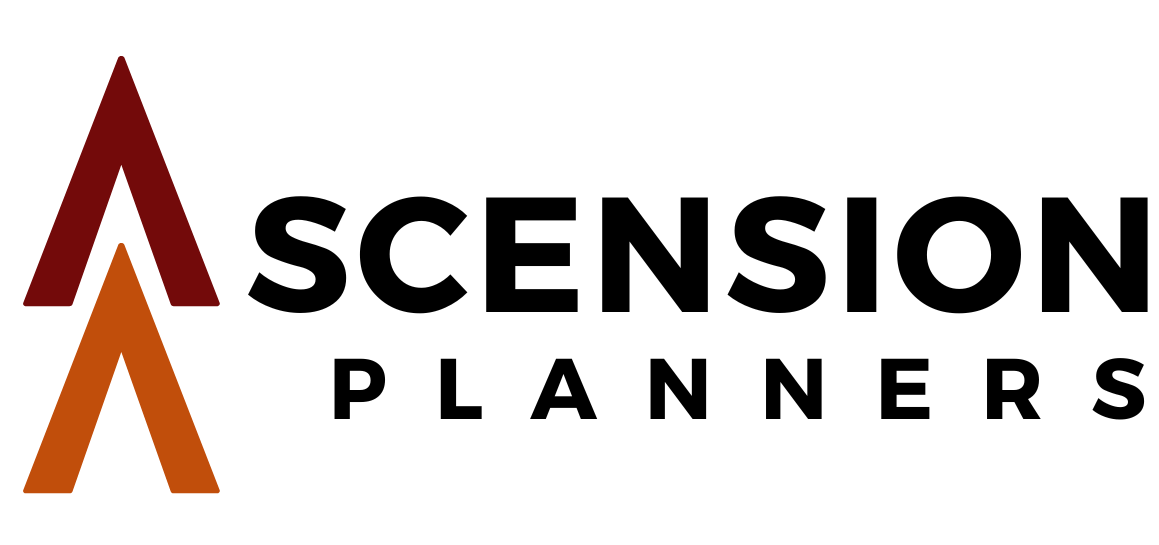
Are you tired of feeling overwhelmed and struggling to achieve your goals? Do you find yourself jumping from one task to another without a clear sense of direction? If so, you’re not alone. Effective planning is the key to unlocking your true potential, and that’s where reflection comes in.
In today’s fast-paced world, it’s easy to get caught up in the hustle and bustle of daily life. We often find ourselves trapped in a cycle of endless to-do lists and commitments, without taking the time to reflect on our actions and decisions. But here’s the truth: reflection is not just a luxury; it’s a necessity for personal and professional growth. By intentionally pausing to reflect on our experiences, we gain valuable insights that help us make better decisions, prioritize effectively, and stay aligned with our long-term goals. In this blog post, we’ll guide you through the power of reflection and show you how to harness it to enhance your planning process. Prepare to discover a game-changing approach that will revolutionize the way you plan and propel you towards greater success and fulfillment.
I. Understanding the Power of Reflection
Reflection is like a magical mirror that allows us to look back at our experiences, learn from them, and grow. It’s a process of introspection that helps us gain valuable insights into our actions, decisions, and outcomes. When it comes to planning, reflection is the secret ingredient that takes our effectiveness to the next level.
By taking the time to reflect on our past planning efforts, we gain a deeper understanding of what worked well and what didn’t. We uncover patterns, identify areas for improvement, and celebrate our successes. Reflection allows us to extract meaningful lessons from our experiences and apply them to future planning endeavors.
Action Step: Set aside dedicated time each week to reflect on your planning efforts. Find a quiet space, grab your favorite notebook or open a digital document, and jot down your reflections. Ask yourself questions like: What went well in my planning this week? What challenges did I face? How can I improve my planning process going forward? Embrace the power of reflection and let it guide your planning journey.
II. The Role of Reflection in Effective Planning
Reflection plays a crucial role in enhancing the effectiveness of our planning efforts. When we reflect, we tap into our self-awareness and gain clarity about our priorities. We become more in tune with our values, goals, and aspirations, allowing us to align our plans accordingly.
Moreover, reflection helps us identify our strengths and weaknesses. It uncovers areas where we excel and areas where we need to grow. Armed with this knowledge, we can make intentional adjustments to our planning approach, leverage our strengths, and work on areas that require improvement.
Action Step: As you reflect on your planning, make a list of your strengths and weaknesses. Celebrate your strengths and find ways to incorporate them into your planning strategies. Identify your weaknesses and develop action plans to address them. Embrace self-improvement and let reflection be your guide.
III. Techniques for Incorporating Reflection into Your Planning Process
Incorporating reflection into your planning process is easier than you might think. It’s all about creating intentional moments to pause, review, and learn. Here are a few techniques to help you infuse reflection into your planning routine:
- Daily Reflection: At the end of each day, set aside a few minutes to review what you accomplished, what obstacles you encountered, and how you can make tomorrow even better.
- Weekly Check-In: Dedicate time each week to review your progress, evaluate your goals, and make adjustments as needed. Celebrate your wins and acknowledge areas where you can grow.
- Monthly Evaluation: Once a month, conduct a comprehensive review of your planning efforts. Reflect on the past month’s successes and challenges, analyze trends, and set goals for the upcoming month.
Action Step: Choose one reflection technique that resonates with you and commit to implementing it into your planning routine. Experiment with different approaches until you find the one that works best for you. Consistency is key, so make reflection a regular part of your planning practice.
IV. The Impact of Reflection on Planning Effectiveness
When we incorporate reflection into our planning, we unlock a world of possibilities. Reflection empowers us to overcome obstacles, adapt to changes, and make informed decisions. By learning from our past experiences, we become more adept at navigating future challenges and seizing opportunities.
Moreover, consistent reflection cultivates a growth mindset. It fuels our motivation, boosts our confidence, and propels us forward on our journey to success. When we see the positive impact that reflection has on our planning effectiveness, we become more inspired and driven to continue the practice.
Action Step: Take a moment to envision the impact that reflection can have on your planning effectiveness. Embrace the idea of becoming a more proactive, intentional planner who learns and grows from each
Remember, reflection is not a one-time event but an ongoing process. Embrace it as a valuable tool in your planning toolkit and let it guide you towards greater productivity, growth, and fulfillment.
You’ve discovered the incredible power of reflection in boosting your planning effectiveness. By embracing reflection as a regular practice, you’re taking a proactive step towards becoming a more intentional, organized, and successful planner.
Remember, reflection is not just about looking back; it’s about learning, growing, and adapting. Through reflection, you gain valuable insights, refine your approach, and align your plans with your goals and aspirations. It’s a continuous journey of self-discovery and improvement.
So, as you embark on this reflection-filled planning adventure, stay motivated and committed. Embrace the lessons learned, celebrate your progress, and use reflection as a compass to guide your future planning endeavors.
Additional Resources:
- MindTools – Reflection Toolkit: Explore a comprehensive collection of resources and tools to enhance your reflection practice. Link
- TED Talks – The Power of Reflection: Watch inspiring TED Talks that delve into the transformative power of reflection and its impact on personal growth and success. Link
- Medium – Reflective Journaling: Discover a plethora of insightful articles on reflective journaling techniques and strategies to deepen your reflection practice. Link
- PsychCentral – The Benefits of Reflection: Read an informative article that highlights the numerous benefits of reflection in personal and professional development. Link
Remember, these additional resources are valuable references that can further enrich your understanding and implementation of reflection in planning. Dive into them at your own pace and continue to grow and excel in your planning journey. Happy reflecting!

